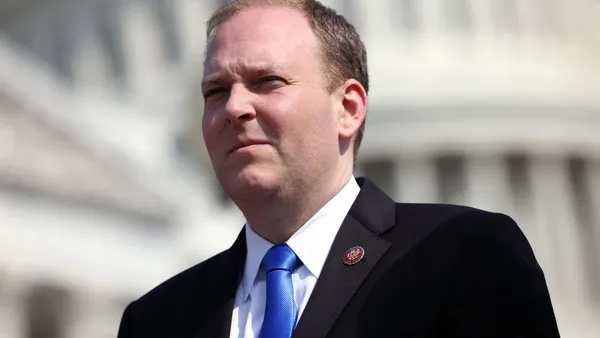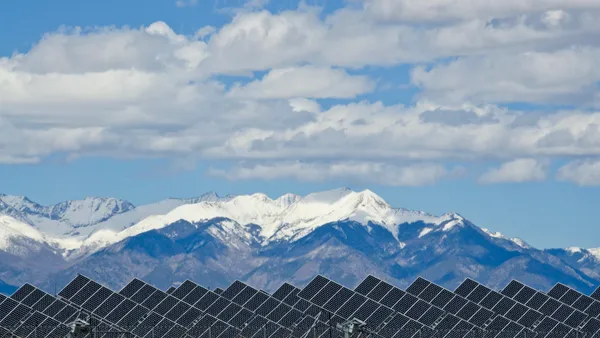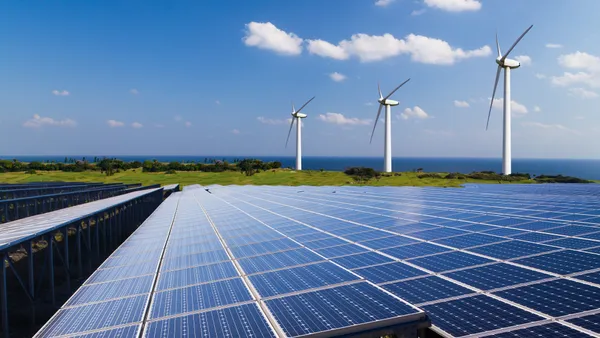Dive Brief:
- Maine Gov. Paul LePage (R) last week held a news conference to lambast utility regulators, saying he would like to see all three of the Public Utilities Commission seats replaced over their decision to reduce net metering benefits.
- Last month the PUC made changes to the state's net metering policies, grandfathering an existing customer's rate for 15 years but gradually reducing new customer incentive rates each year. The decision was an attempt to find middle ground between net metering opponents and solar supporters.
- But LePage, an ardent critic of residential solar, believes net metering customers are subsidized by others on the utility grid and has called for deeper cuts or the elimination of the program altogether.
Dive Insight:
Maine's bombastic LePage appointed all three of the current commissioners, but last week the governor said he'd like to see them all gone — and possibly expand the commission to five seats, from three, to add more business experience to the body.
The Bangor Daily News reports LePage called a rare press conference last week and said he'd like to see the commissioners "resign in a heartbeat.” None of the regulators commented for the story.
The PUC's plan phases out solar credits over a 15-year stretch, with a 10-year grandfathering phase. But the new rules may not stick — lawmakers are already considering a measure to permanently enshrine retail net metering.
For new solar customers, the decision "locks in the phase-down level, at the year in which they enter, for fifteen years," Commission Chairman Mark Vannoy said in a statement. The decision also "maintains incentive margins consistent with the declining costs of solar technology," he said.
In a statement last week, LePage said Maine had moved from 12th to 11th-highest energy prices in the country and he called on lawmakers to take action.
"When Maine businesses are forced to pay more for energy and taxes it is less money the company is able to invest in its employees with higher wages and benefits," he said. "We can achieve a balance between the economy and environment when we pass policies focusing on the lowest cost renewable energy resources and the least effect on the environment."














